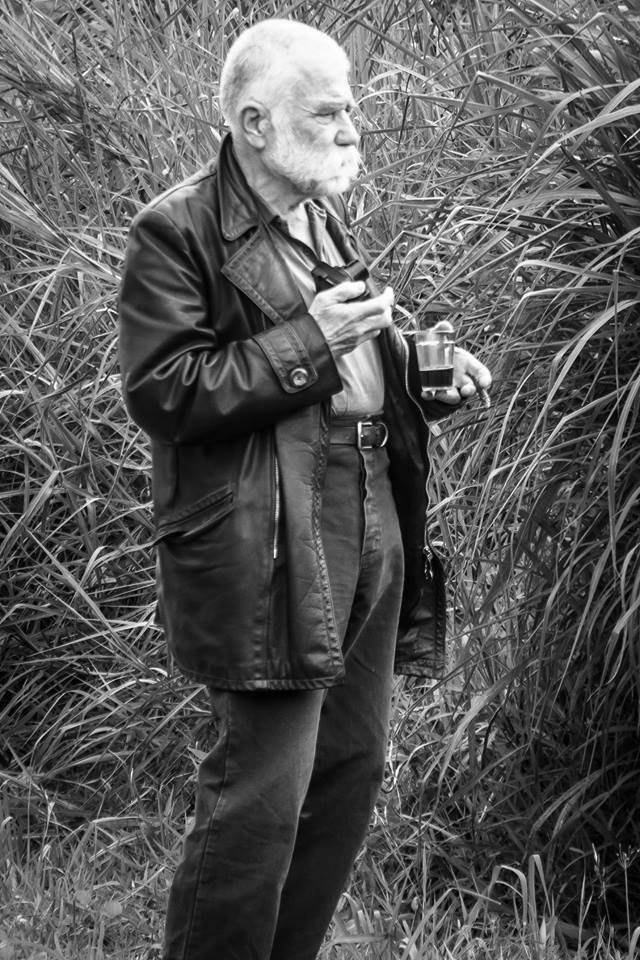

His "Die Like A Dog Quartet" (with Toshinori Kondo, William Parker and drummer Hamid Drake) is loosely inspired by saxophonist Albert Ayler, a prime influence on Brötzmann's music. He has released over fifty albums as a bandleader, and has appeared on dozens more.

In the 1980s, Brötzmann flirted with heavy metal and noise rock, including a stint in Last Exit and subsequent recordings with Last Exit's bass guitarist and producer Bill Laswell.īrötzmann has remained active, touring and recording regularly. Larger groups were put together again later, for example in 1981 Brötzmann made a radio broadcast with Frank Wright and Willem Breuker (saxes), Toshinori Kondo (trumpet), Hannes Bauer and Alan Tomlinson (trombones), Alexander von Schlippenbach (piano), Louis Moholo (drums), Harry Miller (bass). Bennink was also partner in Schwarzwaldfahrt an album of duets recorded outside in the Black Forest in 1977 with Brötzmann's sax and Bennink drumming on trees and other objects found in the woods. The logistical difficulties of touring with an octet resulted in Brötzmann eventually slimming the group to a trio with Han Bennink and Fred Van Hove.
#Peter brotzmann for adolphe sax free
Fuck De Boere (Dedicated to Johnny Dyani) is a live album of free sessions from these early years, containing two long improvisations, a 1968 recording of "Machine Gun" live (earlier than the studio version) and a longer jam from 1970. The second set of takes from these sessions, appropriately called More Nipples, is more raucous.
#Peter brotzmann for adolphe sax plus
The album Nipples was recorded in 1969 with many of the Machine Gun musicians including drummer Han Bennink, pianist Fred Van Hove and tenor saxophonist Evan Parker, plus British free-improv guitarist Derek Bailey.

Peter Brötzmann at "Sonore" concert, Lviv, Peter Brötzmann on tenor saxophone, Minnesota Sur Seine, 2006. Career File:Peter Brötzmann on tenor saxophone.jpg Originally the LP was self-produced (under his own "BRO" record label imprint) and sold at gigs, but it was later marketed by Free Music Production (FMP), In 2007, Chicago-based Atavistic Records reissued the Machine Gun recording.

Among his first musical partnerships was that with double bassist Peter Kowald.įor Adolphe Sax, Brötzmann's first recording, was released in 1967 and featured Kowald and drummer Sven-Åke Johansson.ġ968, the year of political turmoil in Europe, saw the release of Machine Gun, an octet recording often listed among the most notable free jazz albums. He first taught himself to play various clarinets, then saxophones he is also known for playing the tárogató. He has not abandoned his art training, however: Brötzmann has designed most of his own album covers. He experienced his first real jazz concert when he saw American jazz musician Sidney Bechet while still in school at Wuppertal, and it made a lasting impression. He studied painting in Wuppertal and was involved with the Fluxus movement, but grew dissatisfied with art galleries and exhibitions.


 0 kommentar(er)
0 kommentar(er)
